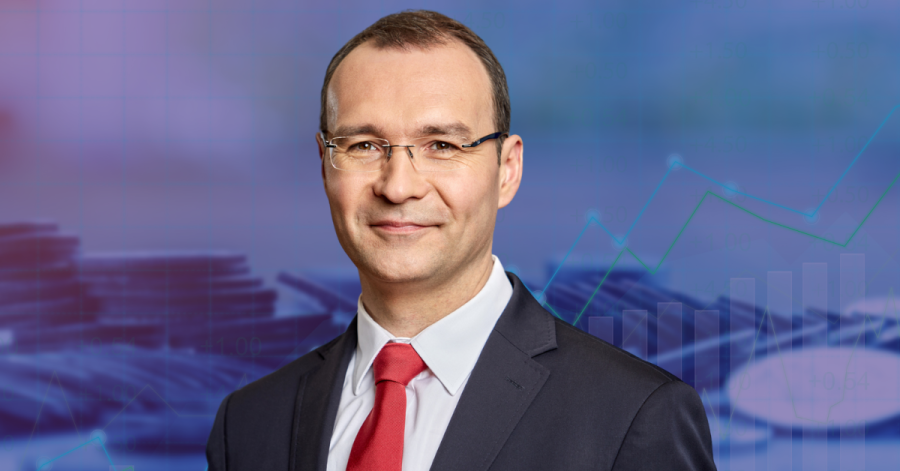The Recursive Presents: Bite-Sized Conversations*
Specifically for the Poland’s startup ecosystem scene is the support, coming from the public sector, which serves as a prime example of centralized planning.
The Polish Development Fund (PFR) works as a financial institution dedicated to supporting economic development initiatives. Formed in 2016, with EU funds, it pumped capital into PFR Ventures, a government-owned institutional Limited Partner. PFR Ventures has since invested in more than 60 local venture capital and private equity funds.
Maciej Ćwikiewicz, CEO of PFR Ventures, shared his perspective with The Recursive on the opportunities and challenges shaping the Polish startup landscape.
*Our new series of brief interviews is designed to provide insights into the CEE landscape in just 2 minutes. Read below.
R: What are the current challenges and opportunities in front of the Polish startup ecosystem?
M.C.: In the last few years almost 1K Polish companies raised pre-seed/seed funding. Some of them have already managed to attract new investors.
This is a new wave of Polish entrepreneurs who started their business and didn’t have to worry about lack of funding as in previous years; there were almost 50+ active local VCs. I think this is one of the biggest challenges at the same time: for these companies to develop further and the opportunity, because never before has the Polish market had such a great batch of seed companies.
The situation will be significantly better than before 2019, but there is no potential to beat the records of 2021 and 2022.

R: What are the sectors or industries where Polish startups have demonstrated significant growth and innovation?
M.C.: HealthTech has remained the most popular sector for years. There are many variables contributing to this success: local challenges with public health care, global problems with civilization diseases or a good background when it comes to talent pool. I think in the following years we can expect exceptional HealthTech projects, which use the potential of AI and will build companies on an unprecedented scale in Poland.
R: What do you envision for the future of the Polish startup ecosystem, and how do you see it evolving in the coming years?
M.C.: I think the key change is the mindset of entrepreneurs. Unlocking seed funding has made more people want to open startups because they don’t see the barrier of raising money. At the same time, a group of people who have already been successful in the industry are very open to sharing knowledge, and often invest in new startups themselves.
As a result, the components of the ecosystem are gradually falling into place, generating positive outcomes for everyone.








